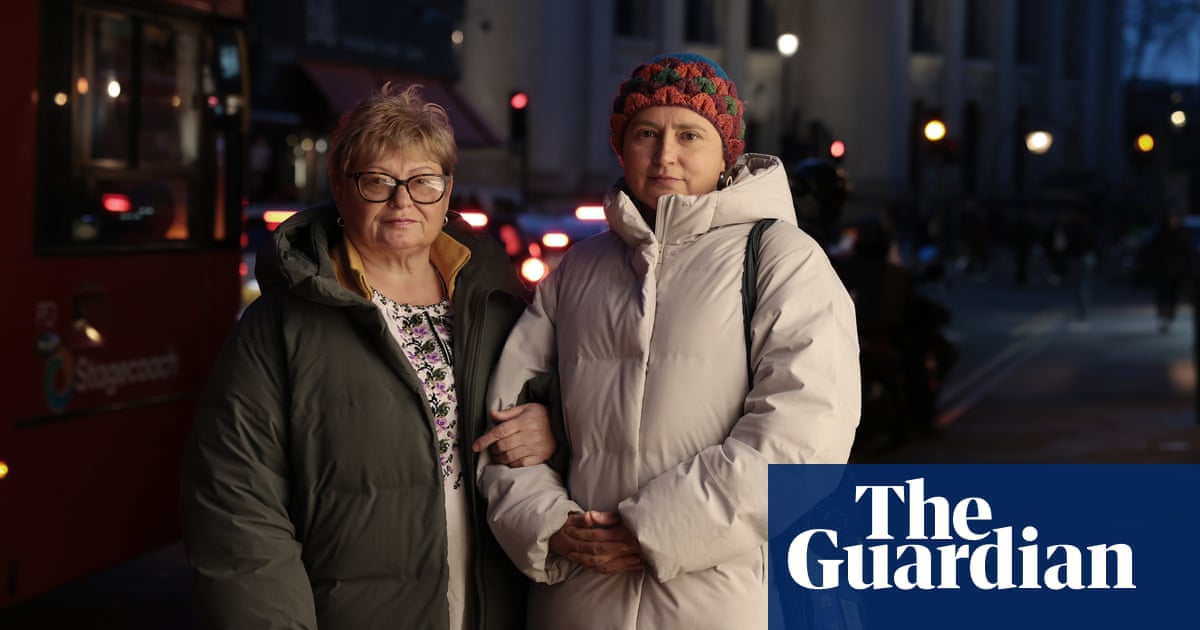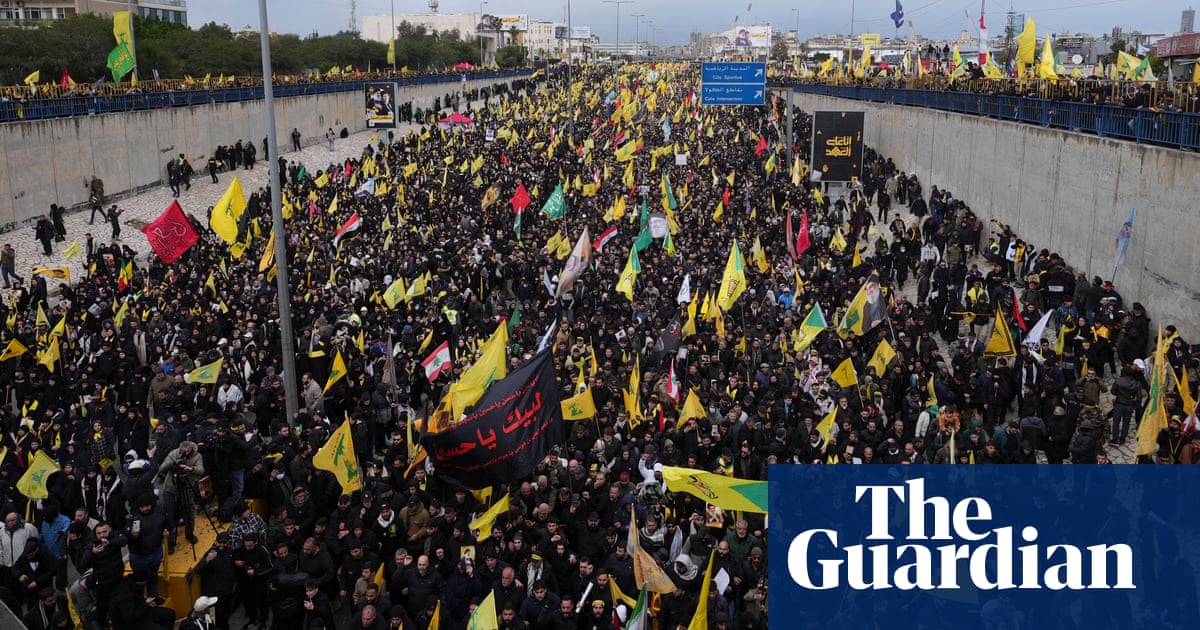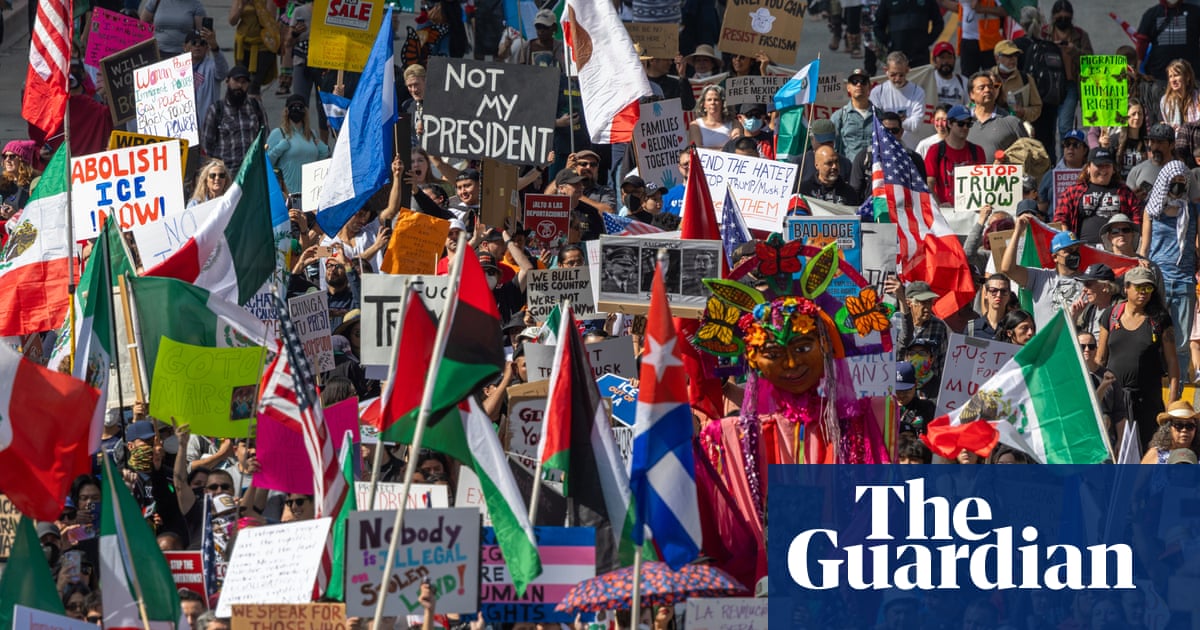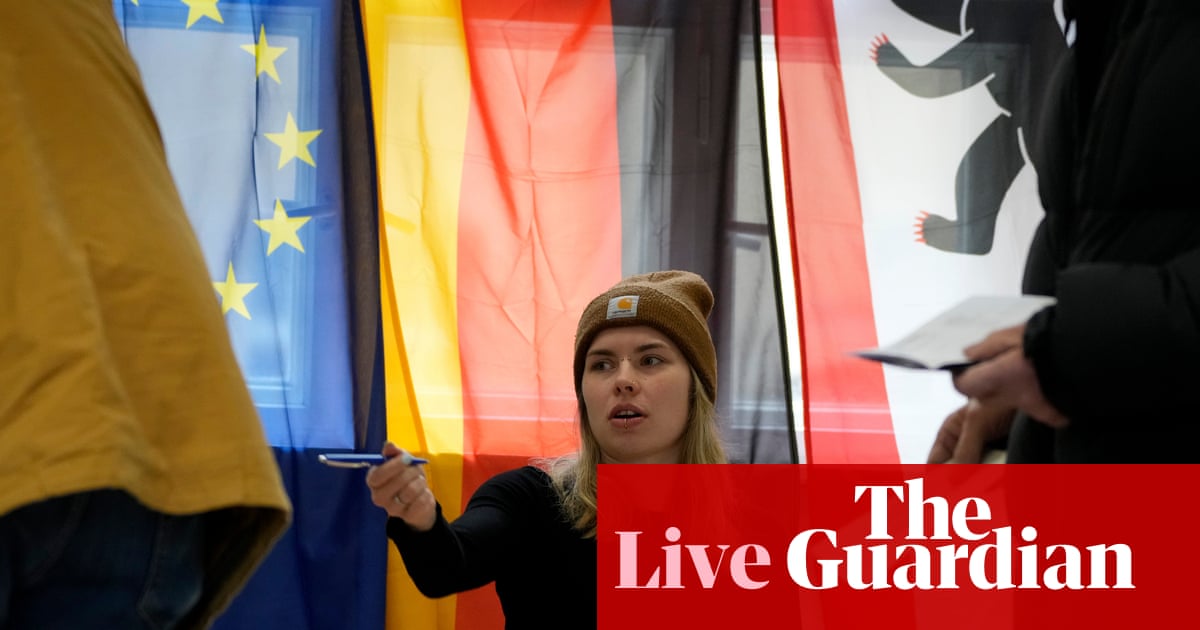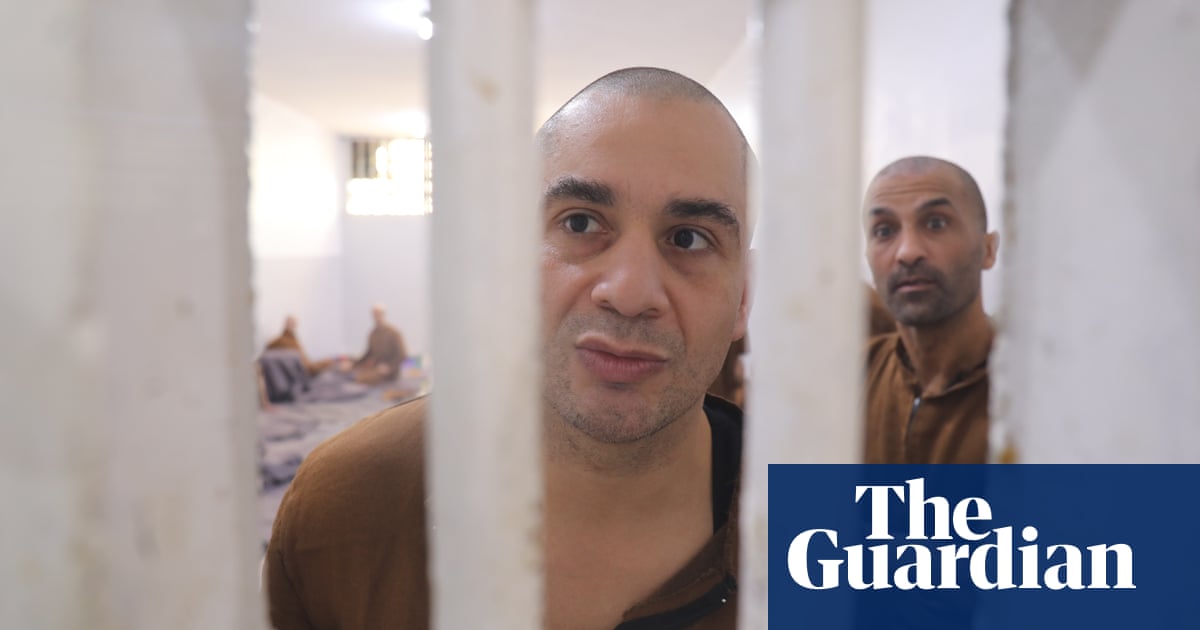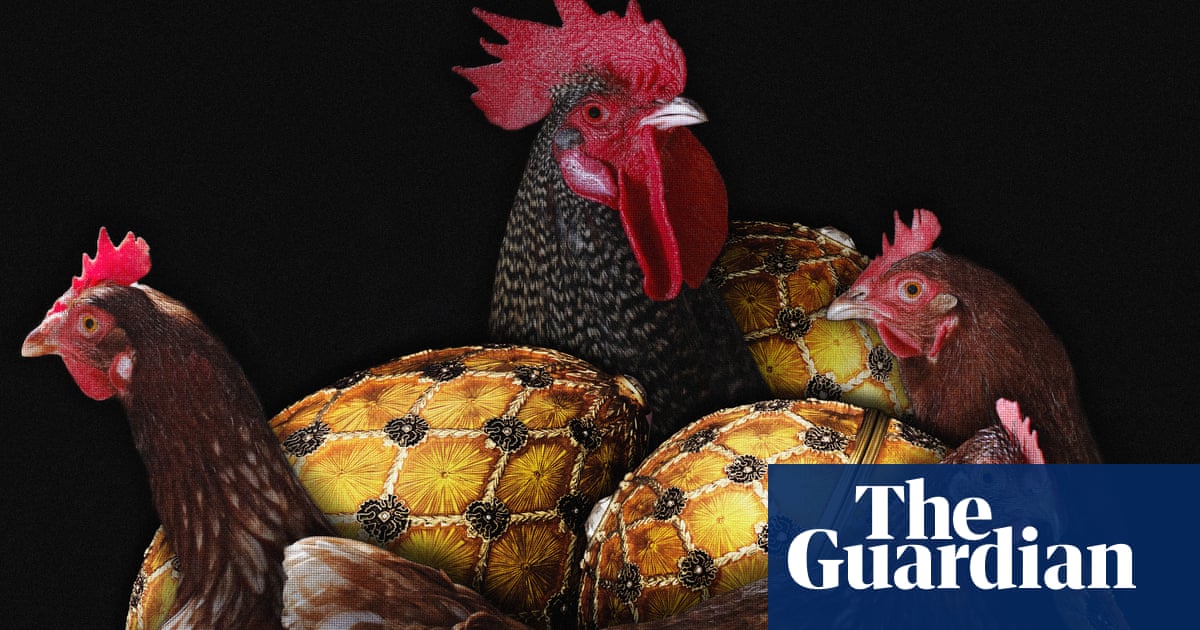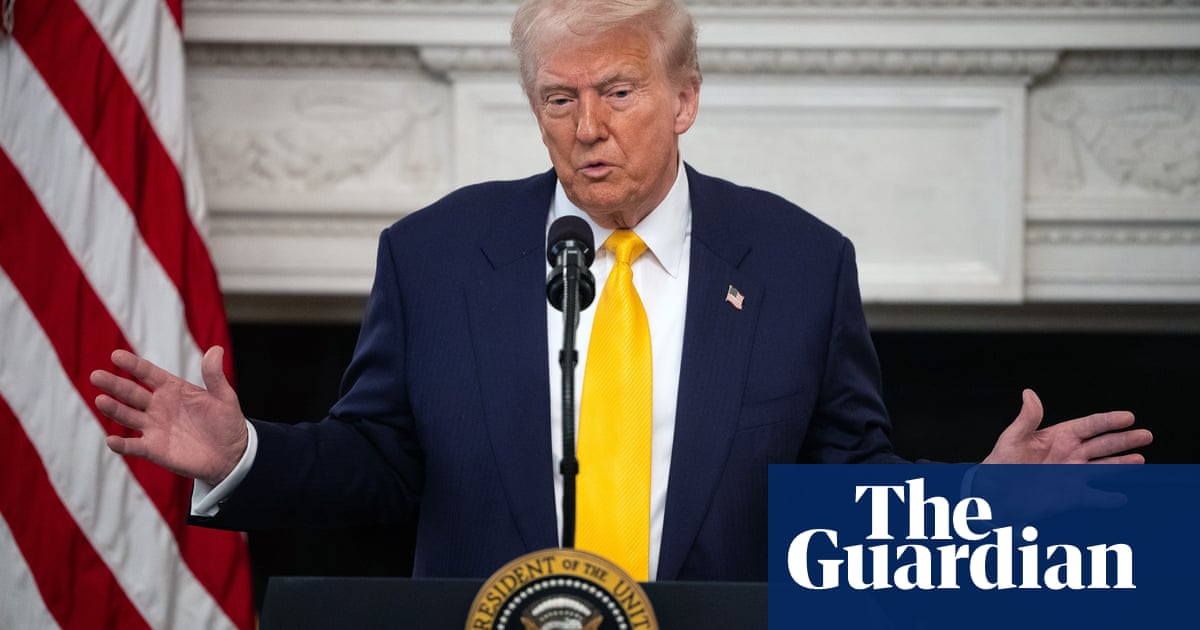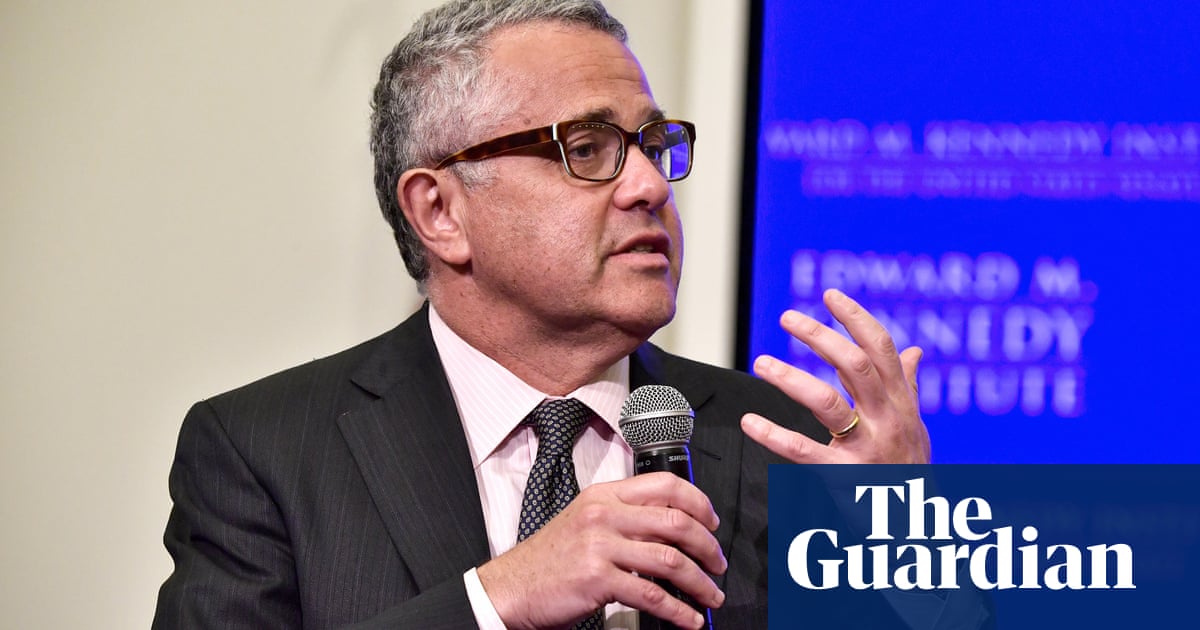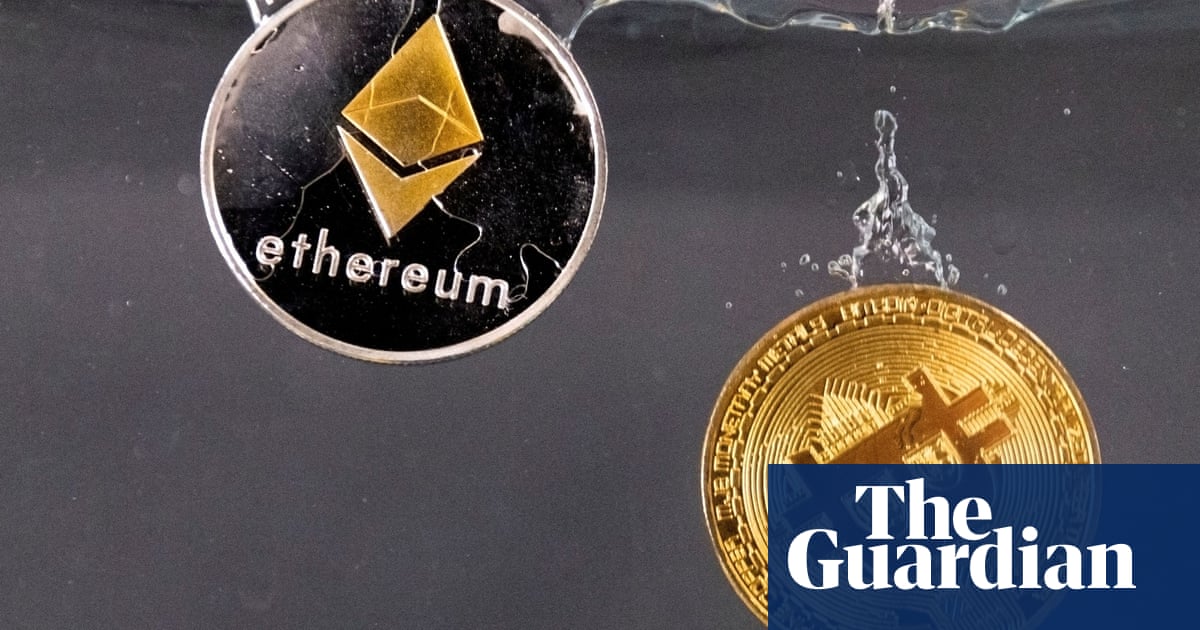Pakistan’s capital was put under lockdown as the government shut down the internet, blocked highways and brought in thousands of police and paramilitaries in an attempt to prevent supporters of the former prime minister Imran Khan protesting in Islamabad.
Khan, who has been in jail for more than a year facing hundreds of charges, had issued a “final call” for his supporters to descend on Islamabad to demand his release and protest against recent changes to the judiciary and constitution.
The former prime minister has alleged his imprisonment is part of a political agenda by the military and the ruling government to keep him out of power. They have alleged there was widespread rigging in February’s election, where his Pakistan Tehreek-e-Insaf (PTI) party says it won the popular vote, and are now demanding free and fair polls take place.
The lockdown of the city began on Friday as a convoy of tens of thousands of supporters of the PTI heeded Khan’s call from inside prison and began to march towards Islamabad from regions across the country.
The coalition government, led by the prime minister, Shehbaz Sharif, and his Pakistan Muslim League Nawaz (PML-N) party, has been accused of a draconian response to the PTI protest, which is due to reach the capital by late Monday or Tuesday.
Roadblocks were put in place across the country to try to halt their progress while mobile internet and access to messaging services such as WhatsApp was blocked in areas of Punjab, Sindh and Khyber Pakhtunkhwa and tens of thousands of troops and police officers were deployed to restrict movement. The capital resembled a fortress of shipping containers, and the red zone, which includes all parliamentary buildings, was completely sealed off by barricades.
According to PTI, Khan’s supporters have been targeted with teargas and baton charges by police as they moved towards Islamabad and upwards of 5,000 PTI protesters and leaders, mainly coming from Khan’s stronghold region of Khyber Pakhtunkhwa, have already been arrested en route. PTI supporters responded by throwing stones at police and setting alight their vehicles.
Bishra Bibi, Khan’s wife, who was recently released from prison, is among those taking part in the march. “Until Imran is with us, we will not end this march, I will stay there till my last breath, and all of you have to support me,” said Bibi, as she addressed supporters on Monday.
Shaikh Waqas Akram, the PTI information secretary, said more than 70,000 people were marching on the capital from Khyber Pakhtunkhwa alone and they intended to enclose Islamabad from three sides.
“The police in Punjab and other places have fired rubber bullets, expired shells and stun grenades at us. They are trying to stop a peaceful protest for the release of Khan,” Akram said.
However, Akram said the PTI was “fully prepared”, and had brought trucks with large fans to disperse teargas and rubber bullets fired by police. The timing of when the marchers would reach Islamabad “depends on how fast we can overcome the hurdles in our way”, he added, but said it could take another day at least.
He claimed that the military had requested that members of the senior leadership meet with Khan in Rawalpindi’s Adiala jail in an effort to get the former prime minister to call off the march. “All our demands are important but the only demand the government and establishment can fulfil immediately is to release all political prisoners including Khan,” he said.
The government described the PTI march as a “well-thought out conspiracy” as it coincides with a state visit by the president of Belarus, Alexander Lukashenko, and vowed to arrest every PTI protester who tried to get into Islamabad.
Ahsan Iqbal, the federal minister for planning, accused Khan of trying to circumvent the justice system by using force to demand his release from jail. “His release hinges on clearance from the courts. He will have to clear himself from the cases registered against him. Without this, the government cannot release him,” said Iqbal.
Supporters and leadership of PTI have faced a sustained crackdown by the government for over a year, since Khan was arrested last August. Khan had governed until 2022, when his government was toppled after he fell out with the country’s powerful army chief.
In an interview with the Guardian this month, speaking from prison, Khan said he would be willing to negotiate again with the military, but senior army leaders said they had no interest in striking a deal with the former prime minister to ensure his release.

 2 months ago
46
2 months ago
46

